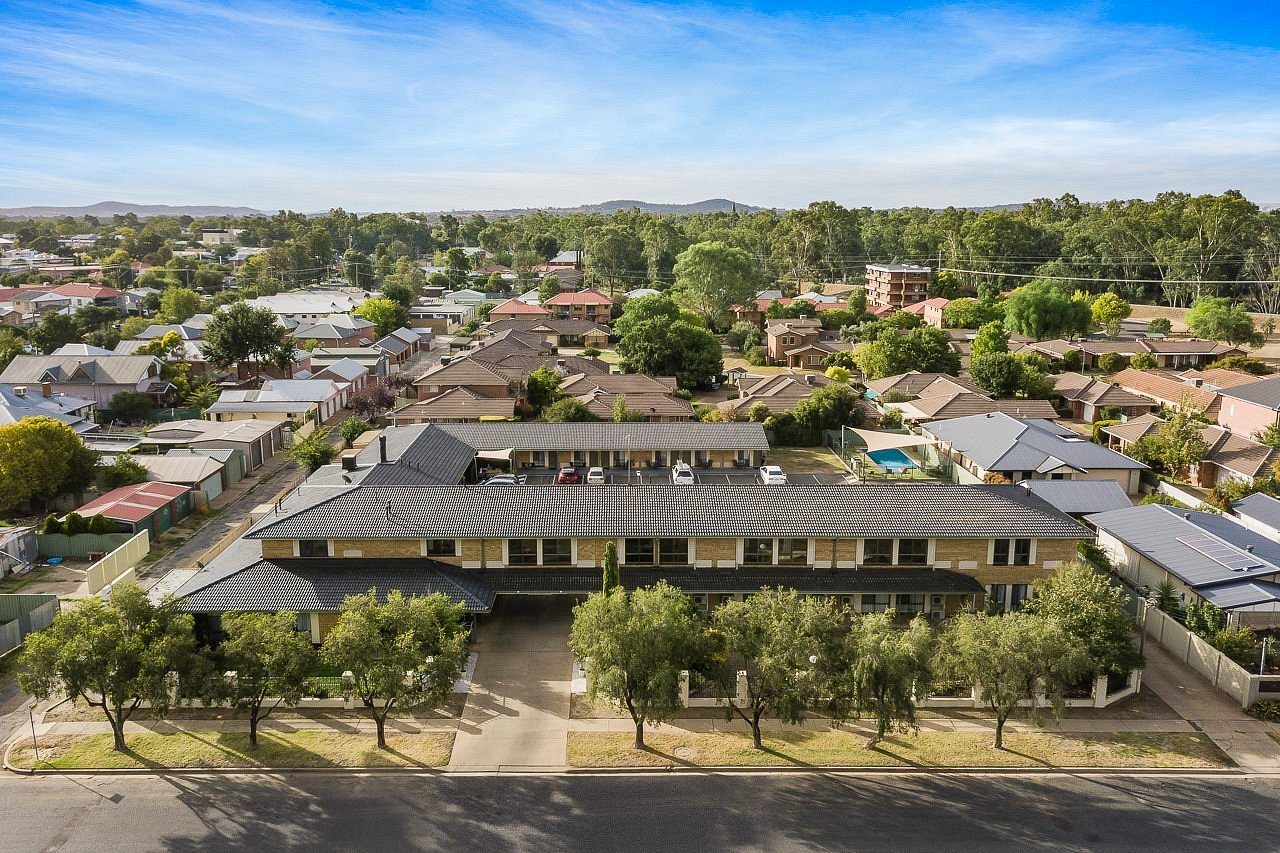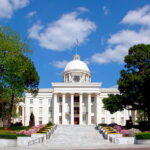Quick Bits:
Wagga Wagga, affectionately called “Wagga” by locals, is a regional gem in New South Wales. Set along the banks of the Murrumbidgee River, the city offers an authentic blend of rural tranquility and modern culture. With a vibrant arts scene, a strong sporting identity, and deep roots in agriculture and military tradition, it offers a multi-dimensional experience.
The name “Wagga Wagga” comes from the Wiradjuri language, meaning “place of many crows.” This reflects both its Aboriginal legacy and its role as a gathering place. It’s the largest inland city in New South Wales, making it a key player in regional development, tourism, and education.
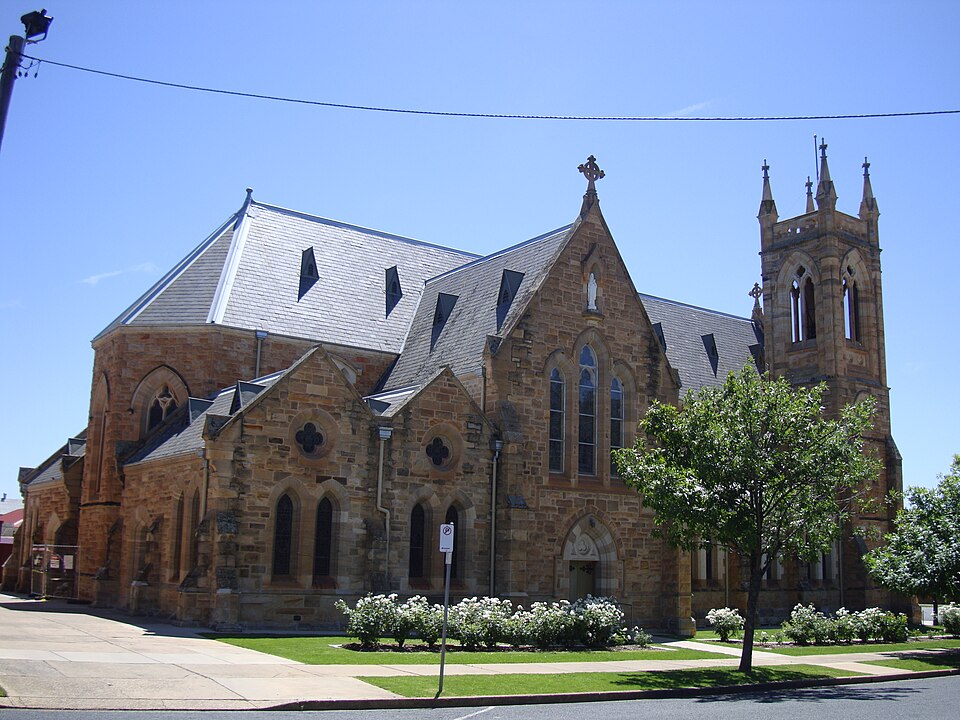
Image by: JohnArmagh – Via Wikipedia
Key Highlights
- Location: South-western New South Wales, Australia
-
Population: Over 65,000
-
Elevation: Around 147 meters above sea level
-
Region: Riverina
-
Postal Code: 2650
-
Governance: Wagga Wagga City Council.
General Information
Wagga’s central location makes it a natural halfway point between Sydney and Melbourne. It has strong transport connections, including a domestic airport, rail, and highways, which help it thrive as a regional hub.
Key industries include agriculture, defense, health, education, and tourism. With Charles Sturt University based here, Wagga also draws students from across the country.
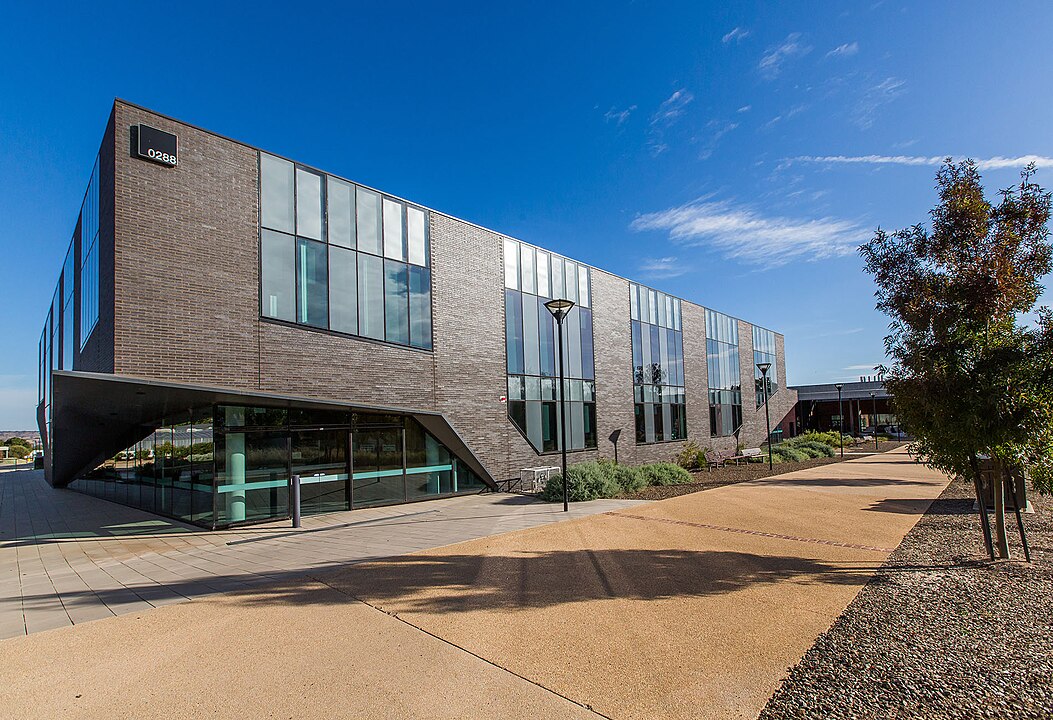
Image by: Content Charles Sturt – Via Wikipedia
Geography Information
Wagga Wagga stretches across a landscape shaped by the Murrumbidgee River, creating fertile plains perfect for farming. The city is framed by rolling hills, river red gums, and seasonal wetlands. This setting provides an appealing mix of rural space and city structure.
Its river corridor and surrounding countryside offer outdoor experiences like kayaking, cycling, hiking, and birdwatching. The city is also near several national parks and conservation areas, adding to its geographic appeal.
Wagga plays a crucial role in the Riverina agricultural basin, known for crops like wheat, canola, and wine grapes. Water from the Snowy Mountains irrigation scheme helps keep the area productive.
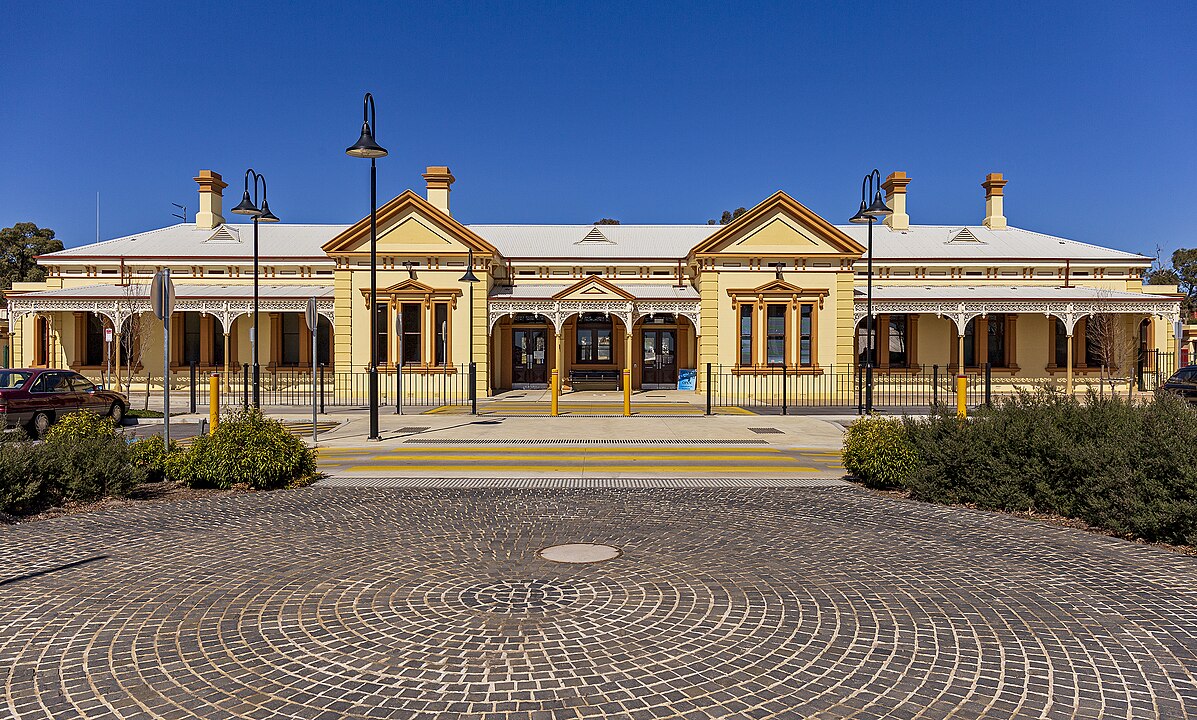
Image by: Bidgee – Via Wikipedia
Places to Visit
1. Wagga Wagga Botanic Gardens
-
Features themed gardens, a zoo, and a miniature railway
-
Rose garden and rainforest sections offer seasonal beauty
-
Free entry and family-friendly
2. Museum of the Riverina
-
Two sites: one in the Botanic Gardens and one in the Civic Centre
-
Explores Wagga’s colonial and military past
-
Features exhibitions on agriculture, migration, and sport
3. Wagga Art Gallery
-
Hosts national touring exhibitions and local artist showcases
-
Home to the Margaret Carnegie Print Collection
-
Adjacent to the Civic Theatre for performing arts lovers
4. Victory Memorial Gardens
-
A peaceful retreat beside the river
-
Created in memory of soldiers who served in World War I
-
Often used for ceremonies and picnics
5. RAAF Wagga Heritage Centre
-
Displays aircraft and military memorabilia
-
Highlights Wagga’s long connection with the Royal Australian Air Force
6. Riverina Playhouse
-
A stage for local theatre, comedy, and music
-
Part of the city’s active performing arts scene
7. Wagga Beach
-
On the Murrumbidgee River, this inland beach has clean sand and shady banks
-
Ideal for swimming, paddleboarding, or relaxing
-
Walking tracks and picnic spots surround it
8. Junee Roundhouse Railway Museum (nearby)
-
A short drive from Wagga, showcasing railway heritage
-
Features locomotives, train history, and interactive displays
9. Wiradjuri Walking Track
-
A 42-kilometre loop around the city and river
-
Connects parks, heritage sites, and scenic views
-
Walk, run, or bike through native bushland
10. Lake Albert
-
Great for boating, sailing, and lakeside strolls
-
Popular with bird watchers and runners.
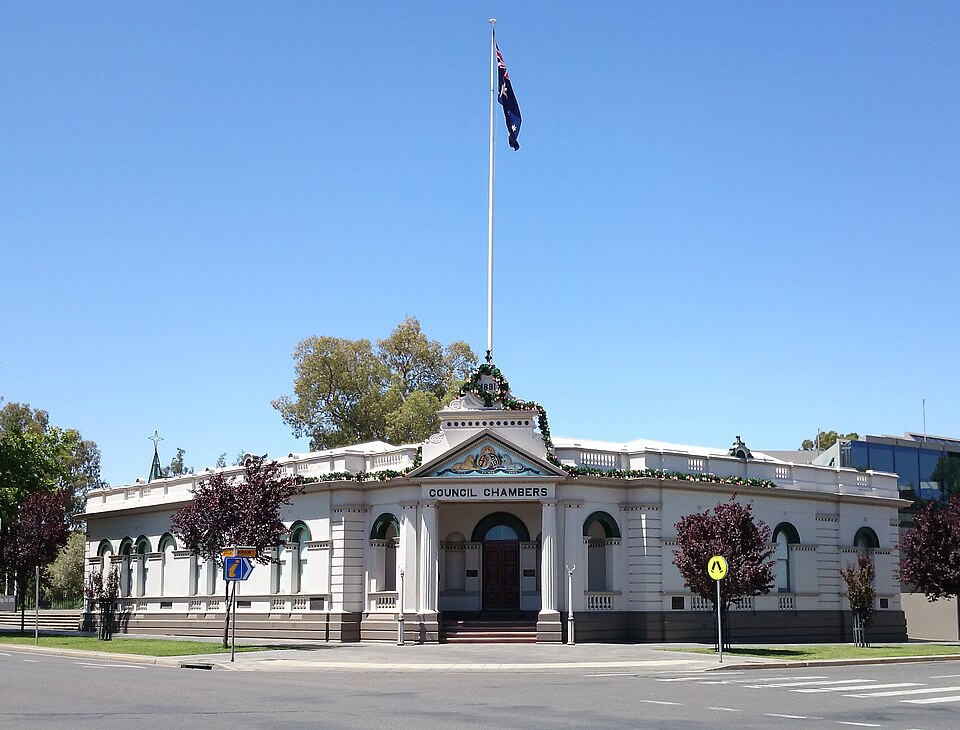
Image by: Bidgee – Via Wikipedia
Yearly Climate
Wagga Wagga enjoys a temperate climate with four clear seasons. These seasonal changes make it an attractive spot year-round.
| Season | Temperature Range | Features |
|---|---|---|
| Summer (Dec–Feb) | 17°C – 34°C | Hot, dry days. Popular for river swims and festivals. |
| Autumn (Mar–May) | 10°C – 28°C | Crisp air, golden foliage. Perfect for walking trails. |
| Winter (Jun–Aug) | 2°C – 15°C | Cool mornings, clear skies. Great for museums and cafes. |
| Spring (Sep–Nov) | 8°C – 25°C | Blossoms bloom. Events and outdoor activities return. |
Rainfall is moderate throughout the year, with late spring seeing brief storms. Summer can bring heatwaves, while winter mornings are often misty.
Best Time of Year to Visit
The most inviting months are during spring and autumn. These seasons bring calm weather, fewer crowds, and vibrant landscapes.
Spring (September to November):
-
Wildflowers bloom across parks and reserves
-
River levels rise slightly, enriching the scenery
-
Mild days and cool nights
Autumn (March to May):
-
Vineyards and trees paint the city in orange and red
-
Ideal time for scenic drives and cultural festivals
-
Birdlife around Lake Albert increases
For those drawn to summer events, December through February brings open-air concerts, food markets, and river swims. If you prefer cozy weekends, winter has its charm through the city’s art venues, bookstores, and winter trails.
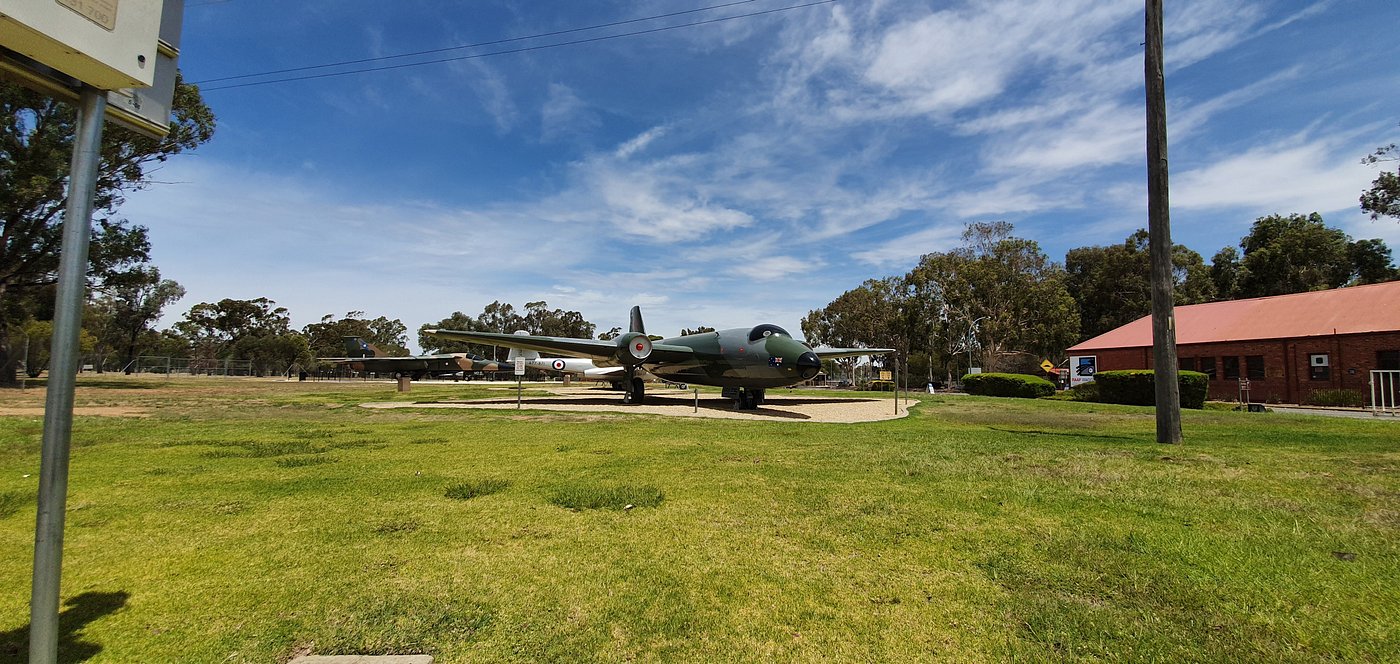
Image by: CodyMav – Via Tripadvisor
In Summary…
Wagga Wagga captures the essence of inland Australia. It mixes rural strength with cultural elegance. As the largest inland city in New South Wales, Wagga carries economic power and artistic energy. Whether you come for riverbank picnics, heritage tours, garden strolls, or theater shows, you’ll find Wagga both warm and welcoming.
The city’s Aboriginal roots, colonial echoes, and modern rhythm create an experience that feels grounded yet lively. With its changing seasons and deep ties to both the land and its people, Wagga Wagga is more than a dot on the map – it’s a place that stays with you.

